In 1966, Bobby Seale and Huey Newton created the Black Panther Party, a revolutionary black socialist movement that would take America by storm.
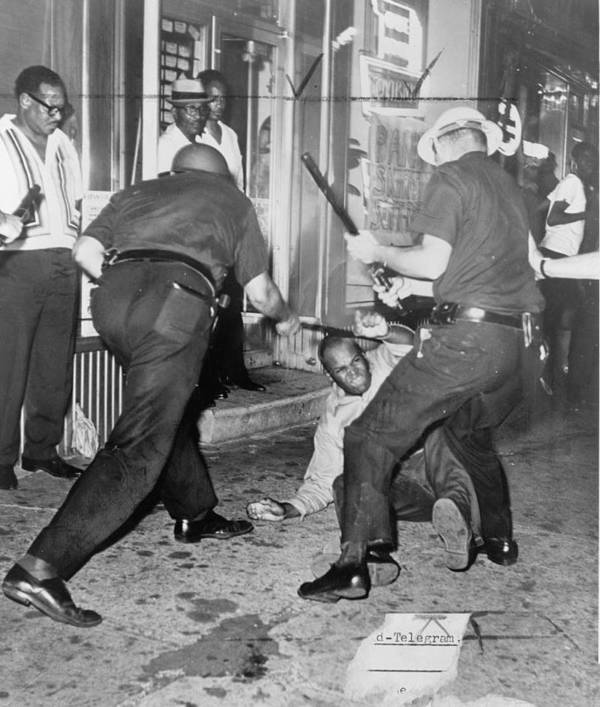
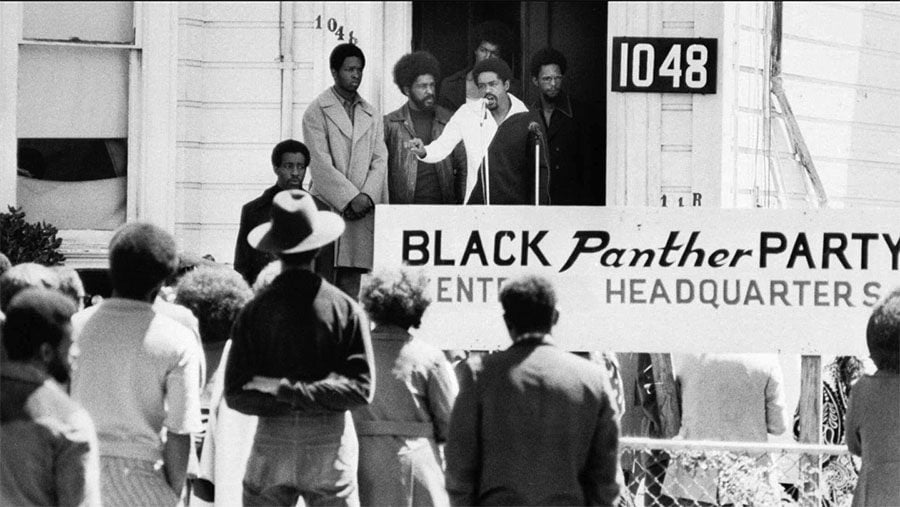
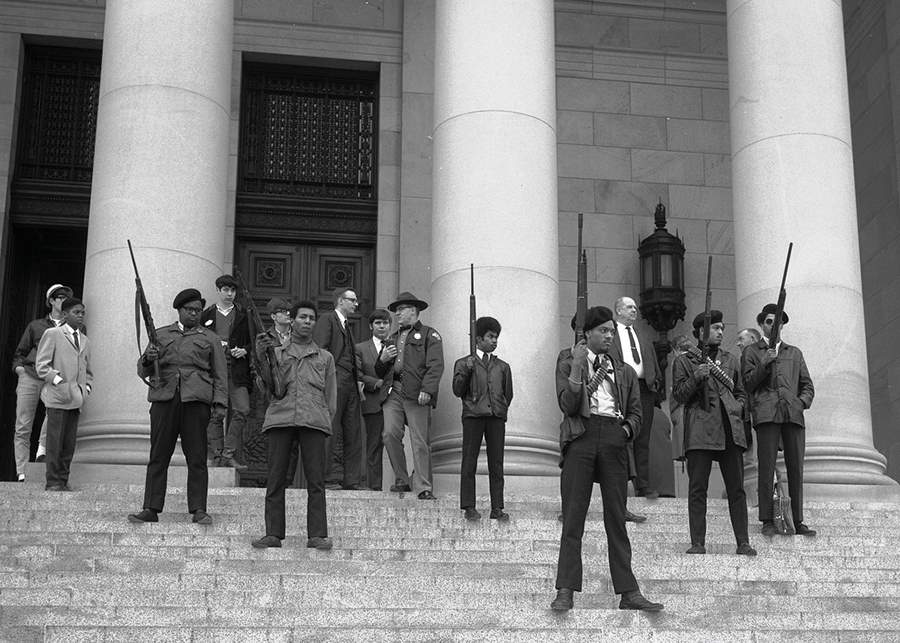
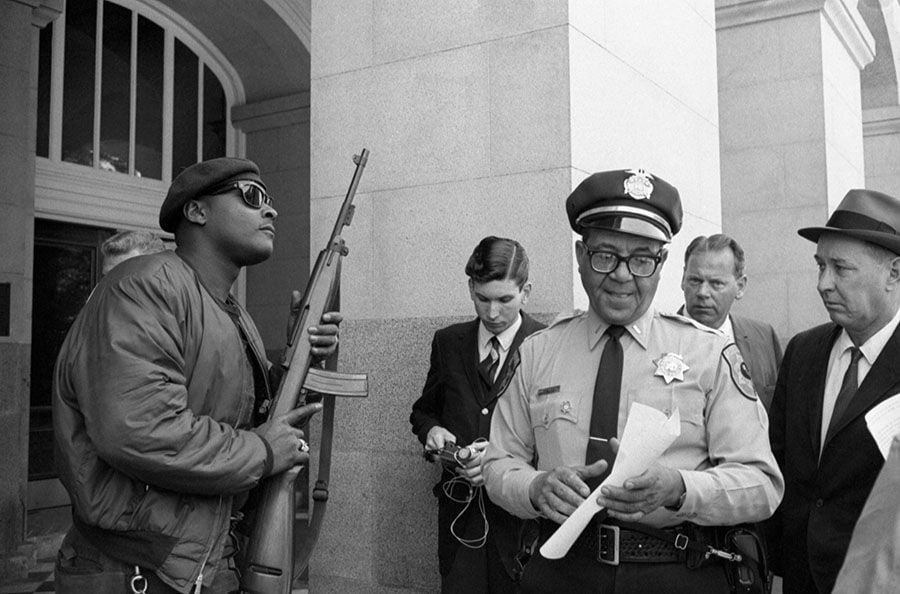

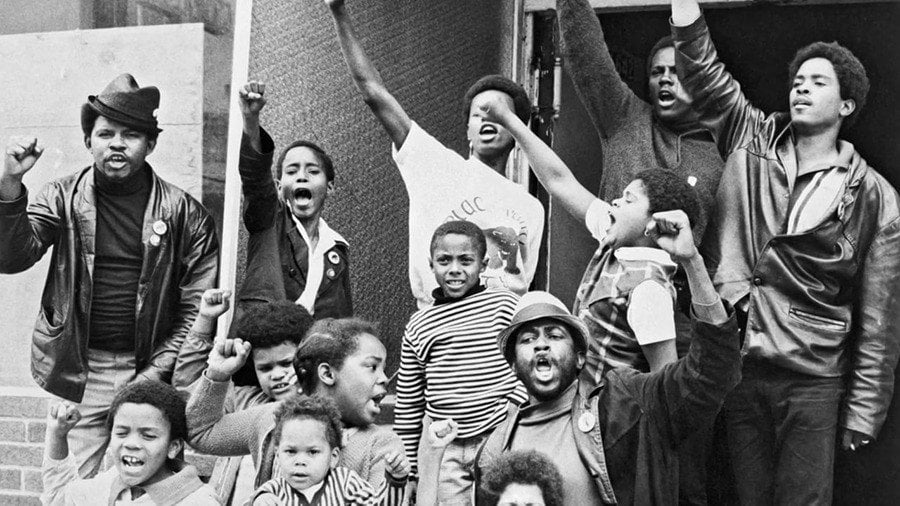


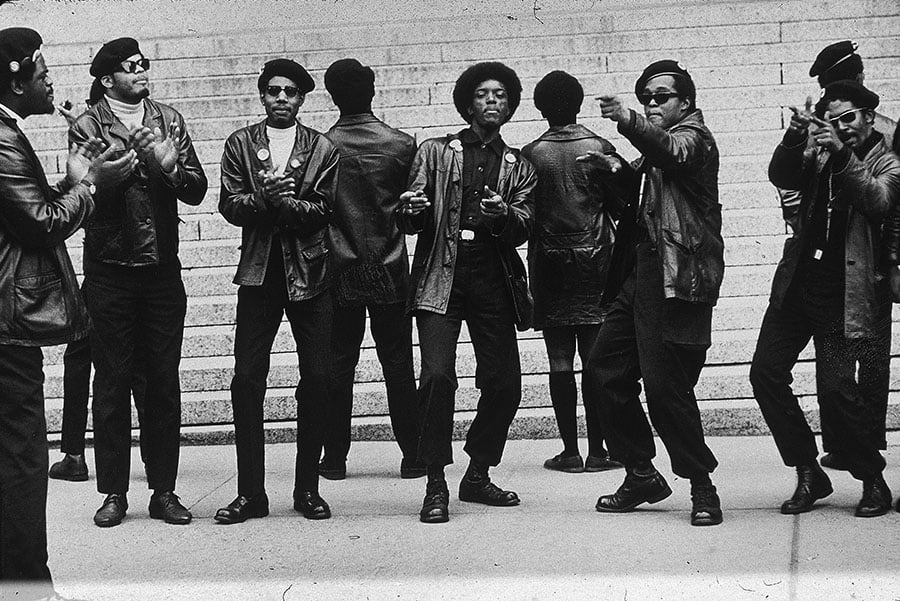
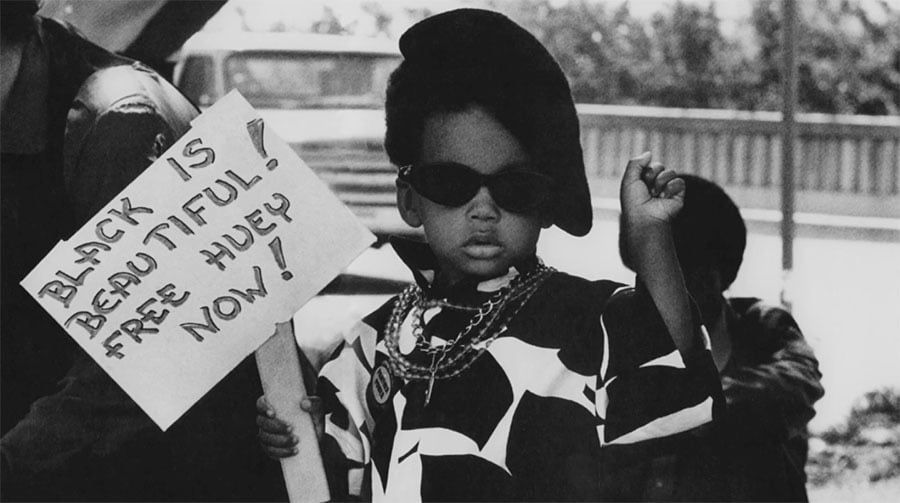
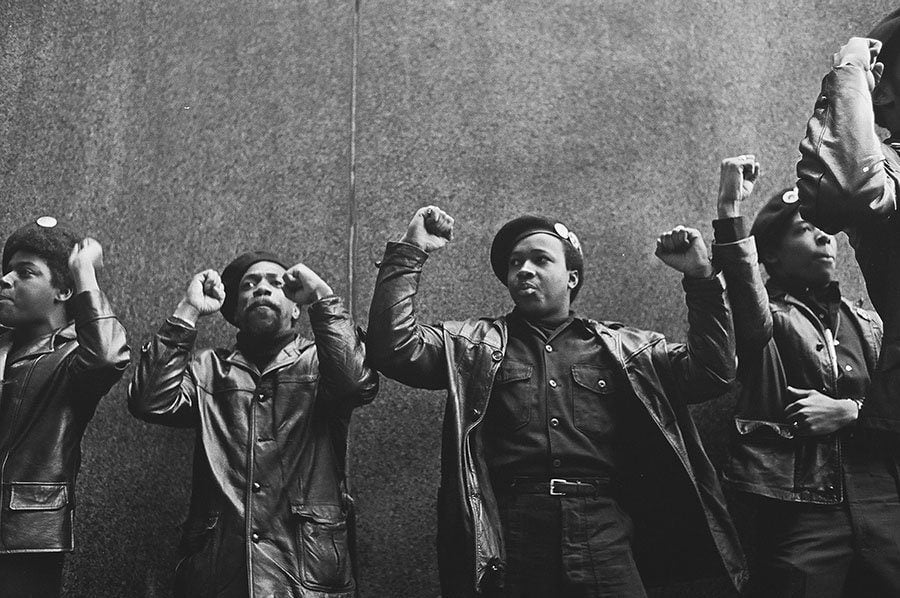

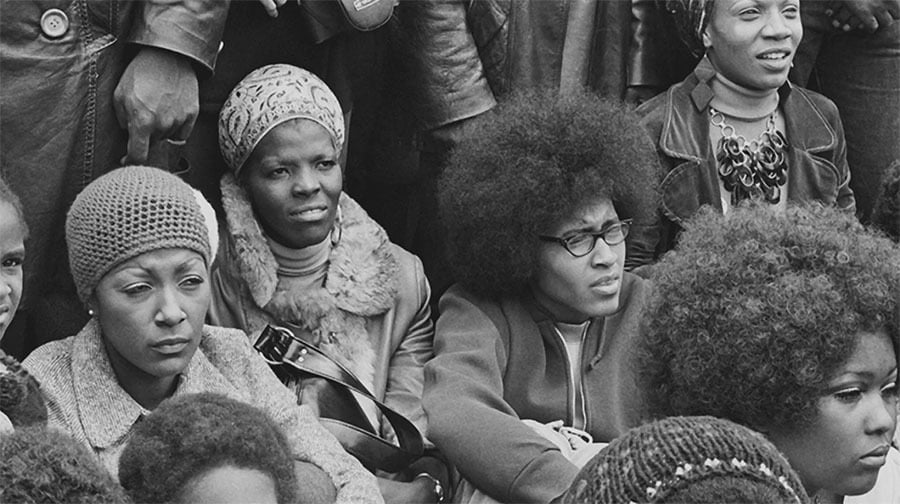
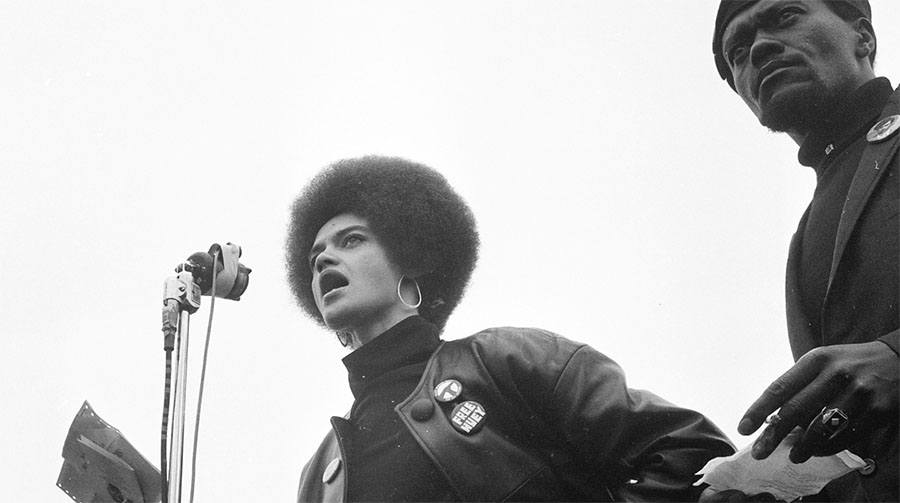
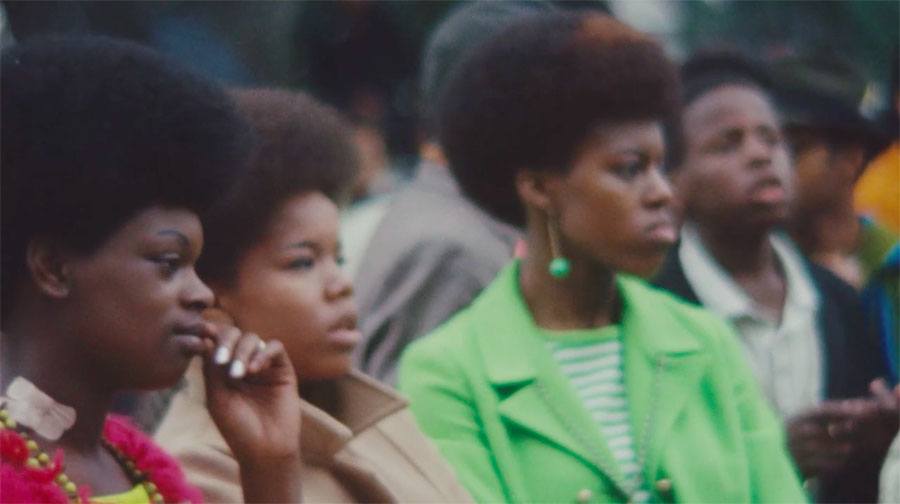
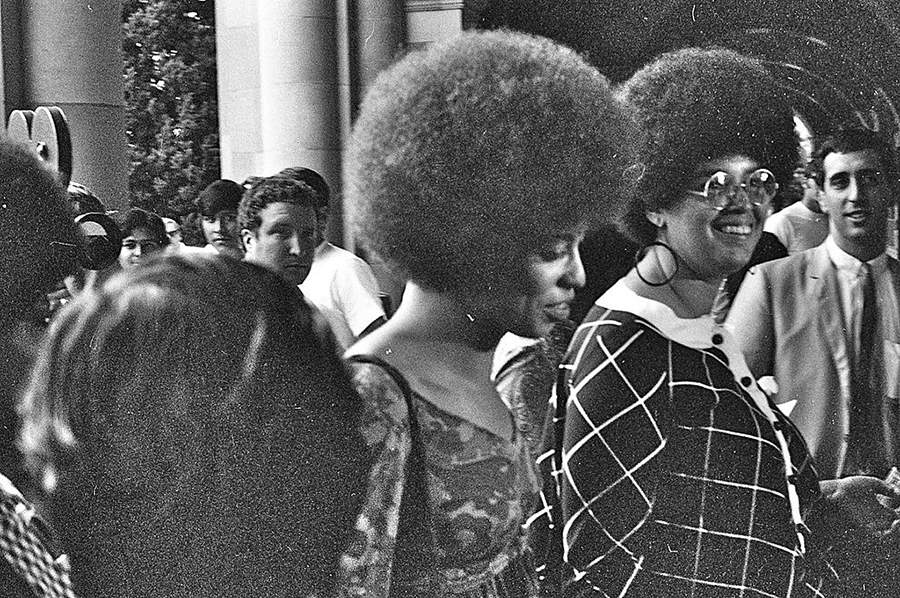
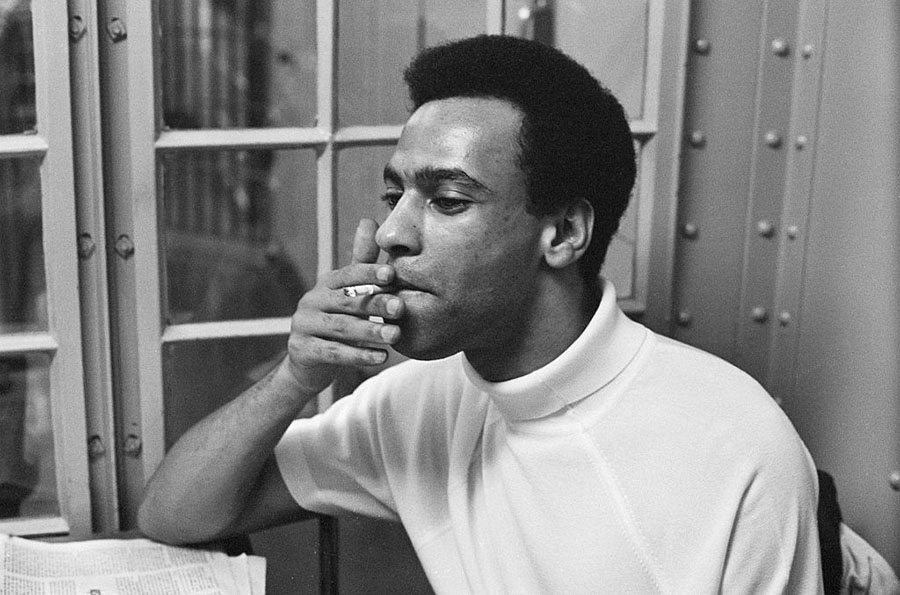
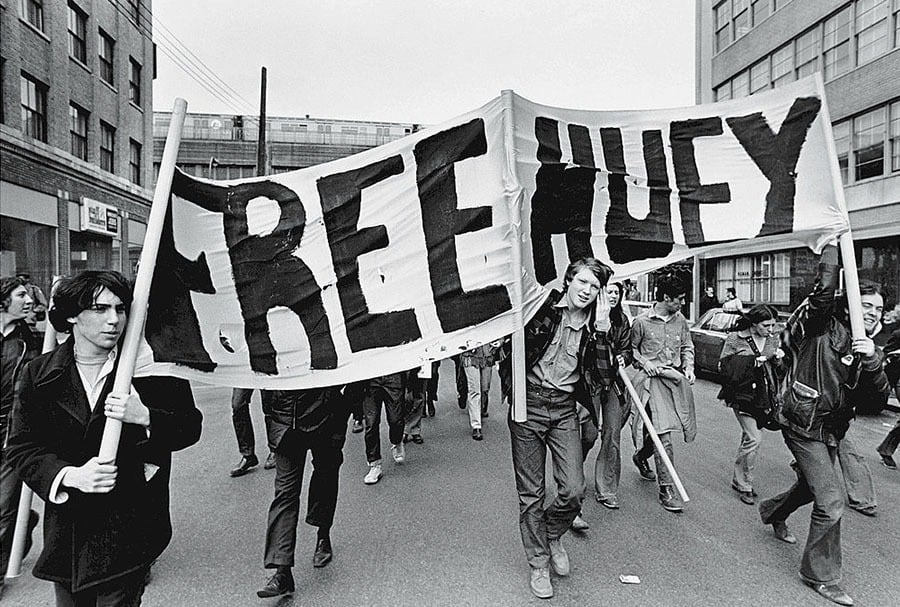
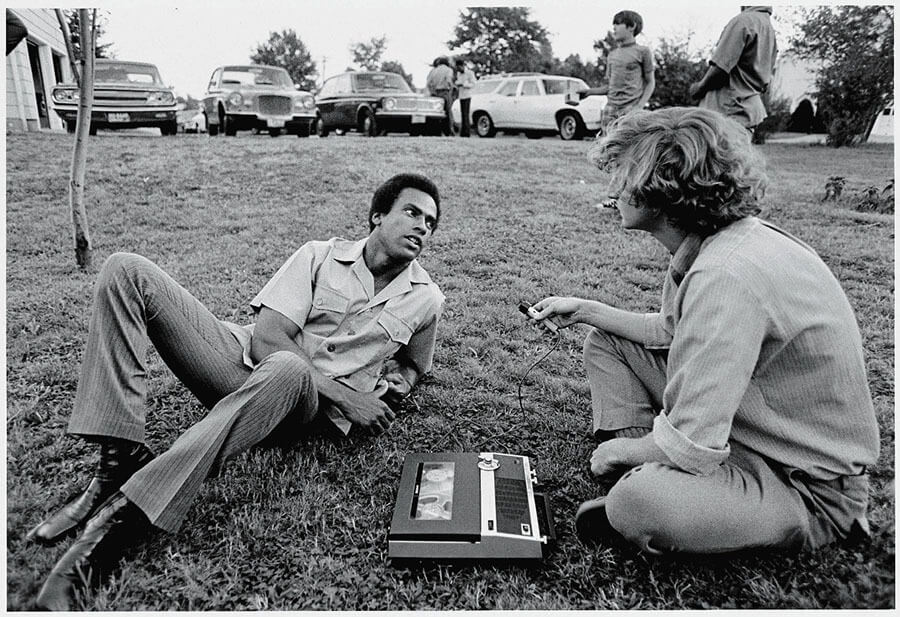
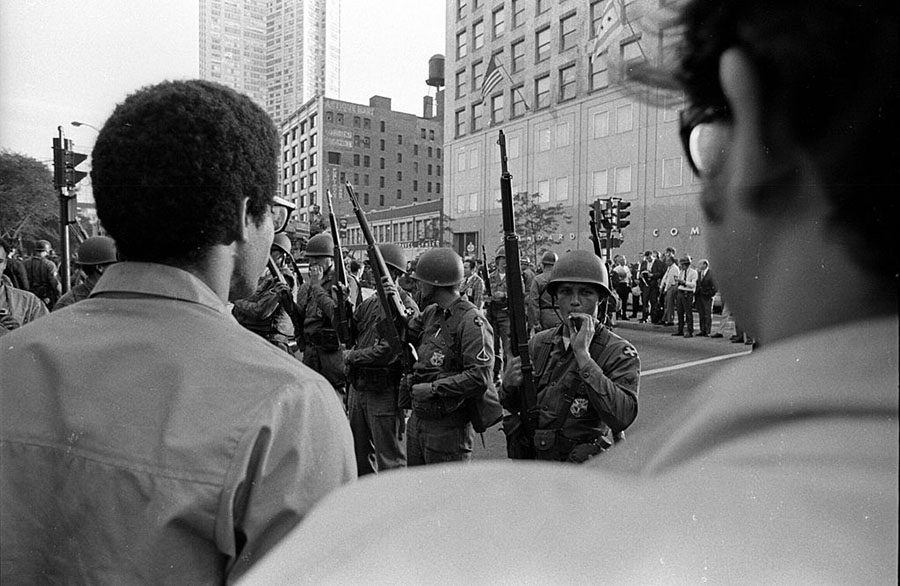
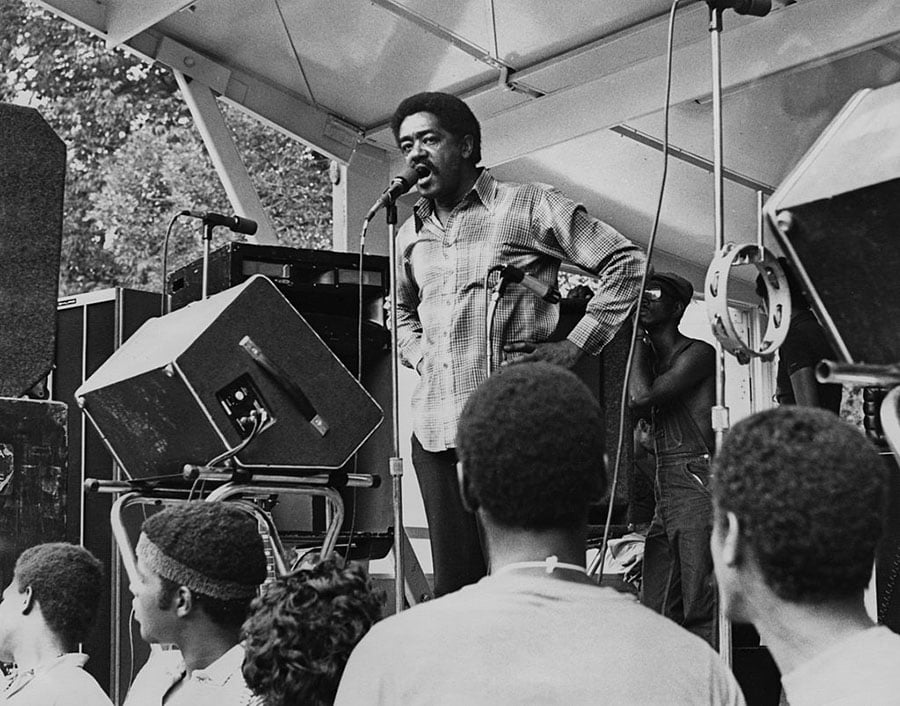
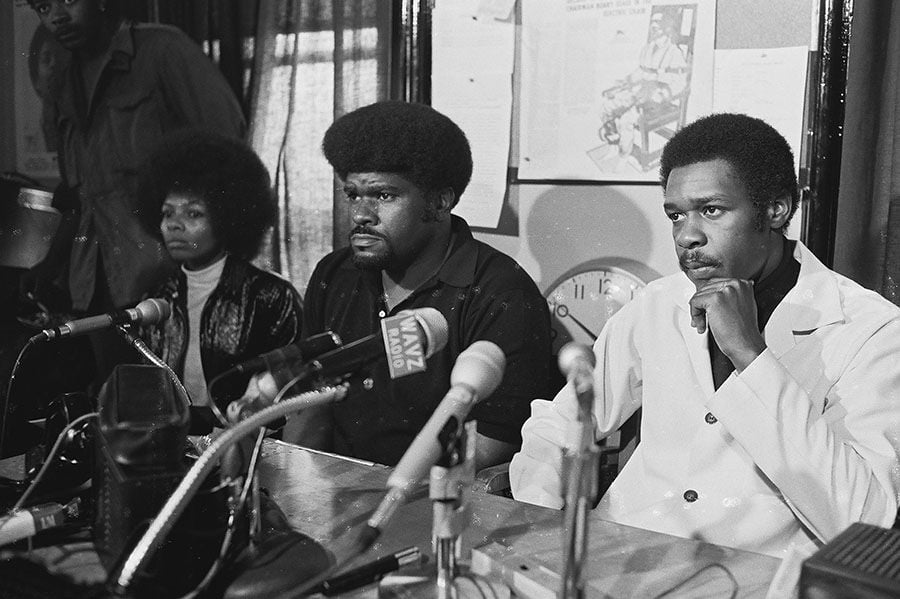
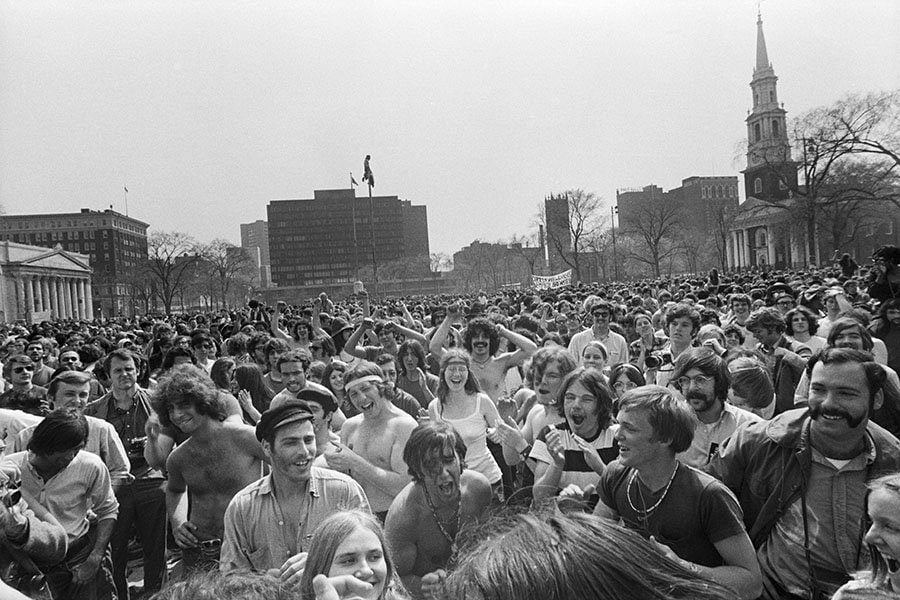
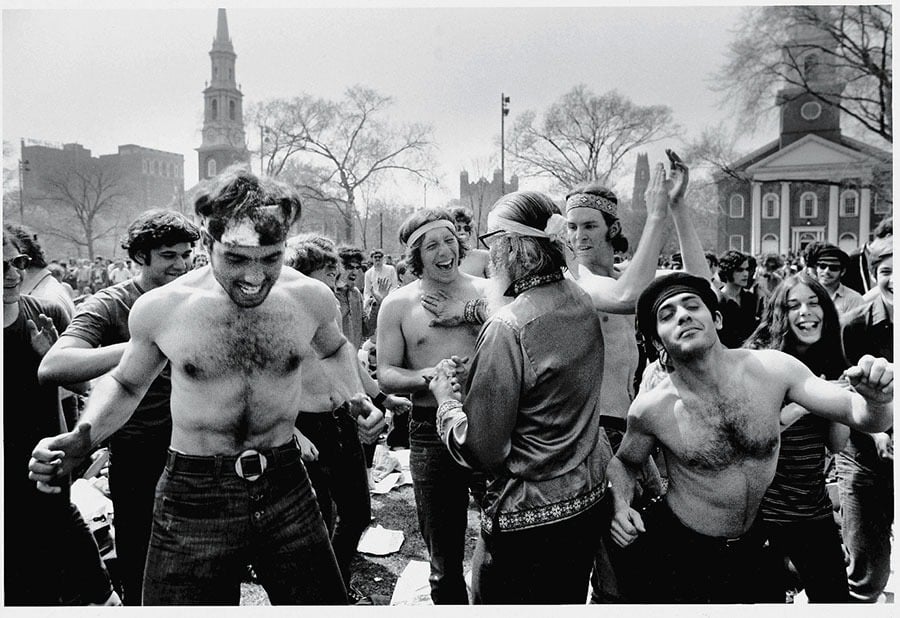
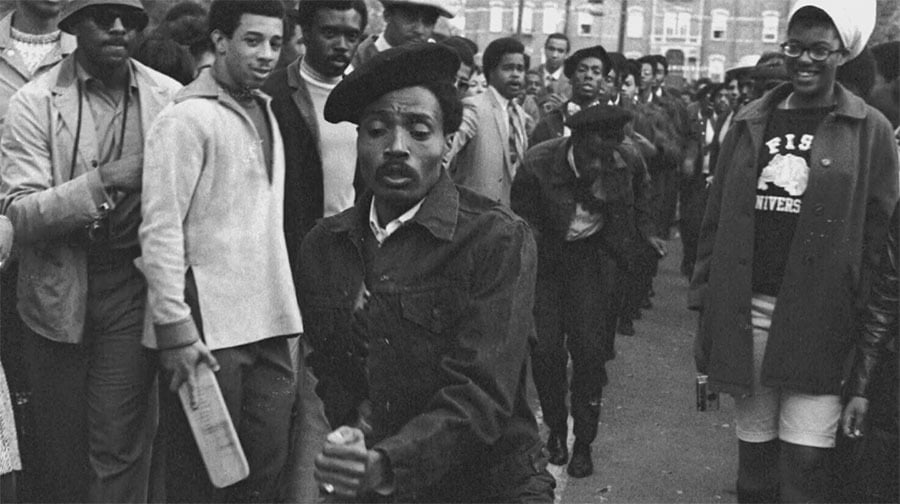
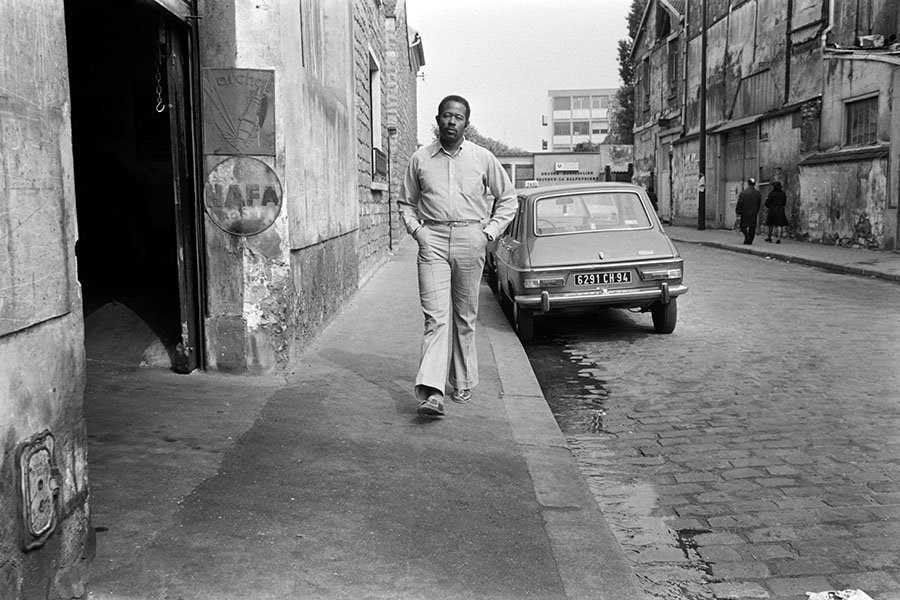
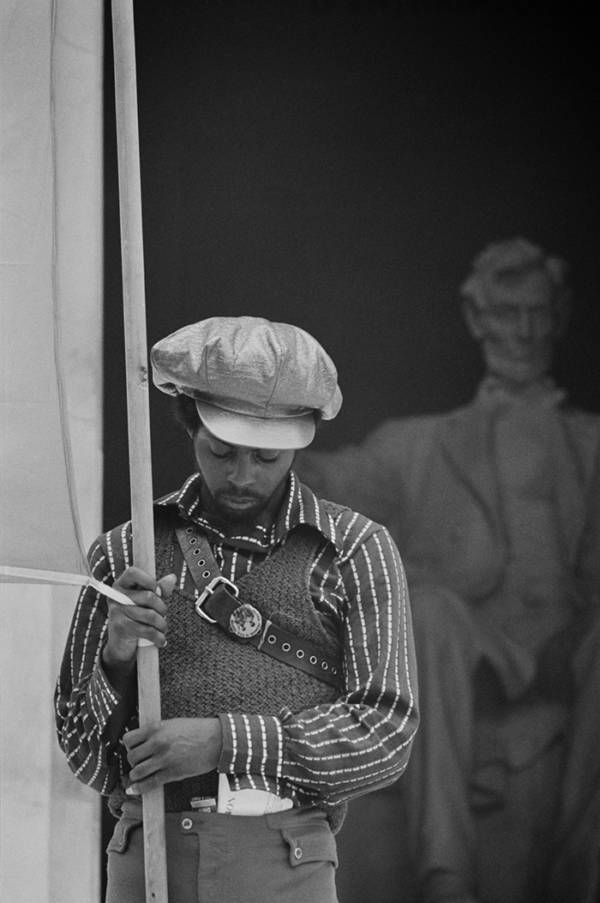
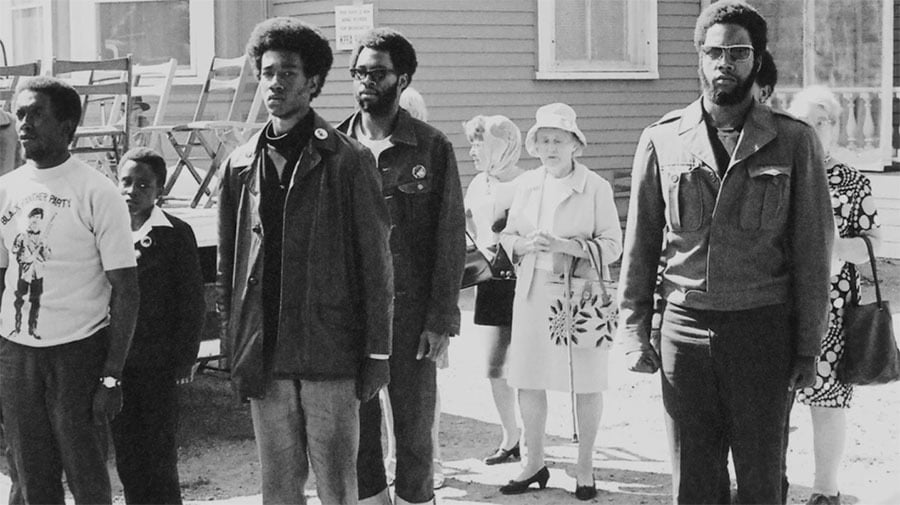
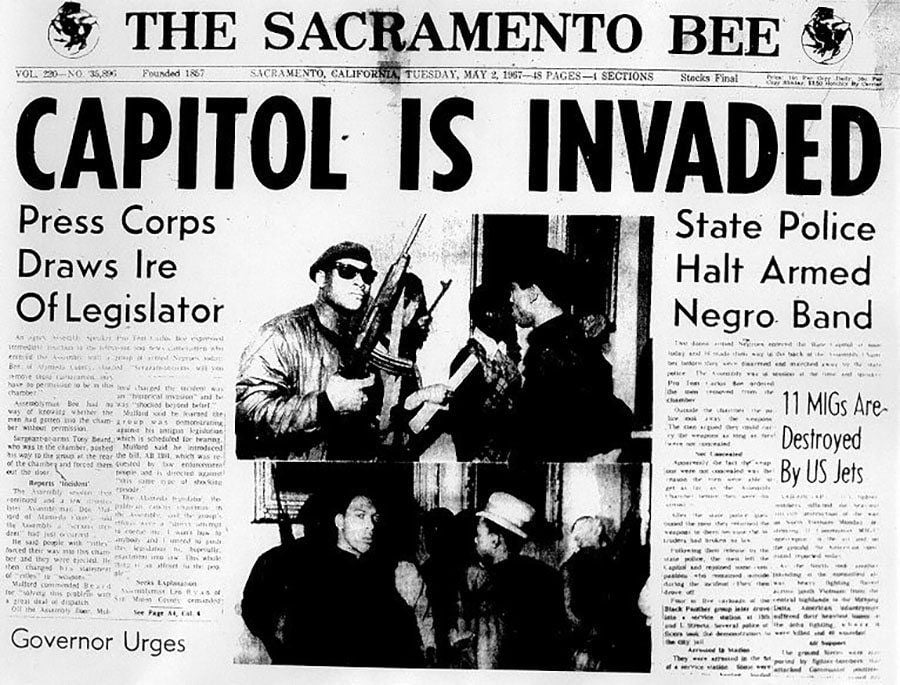
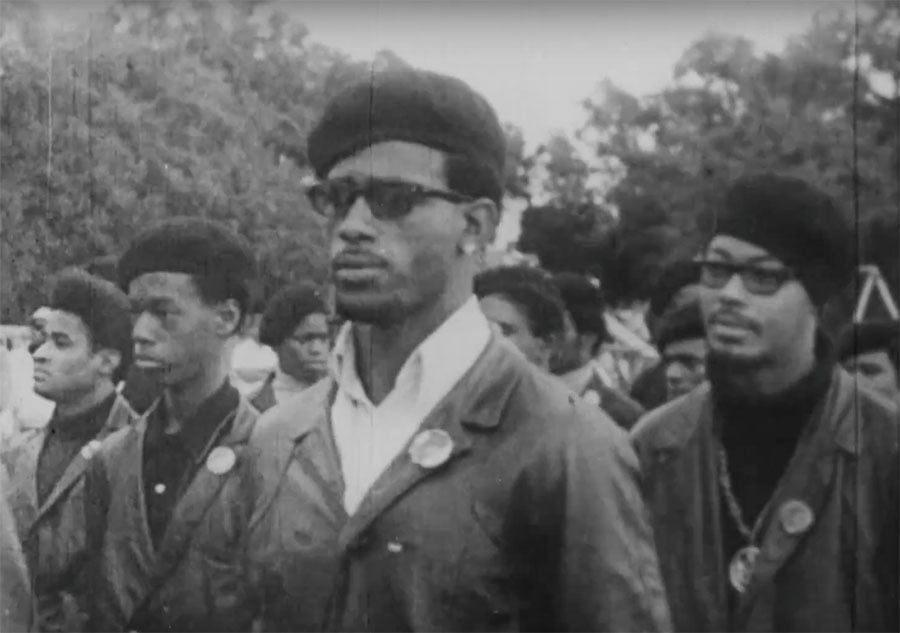
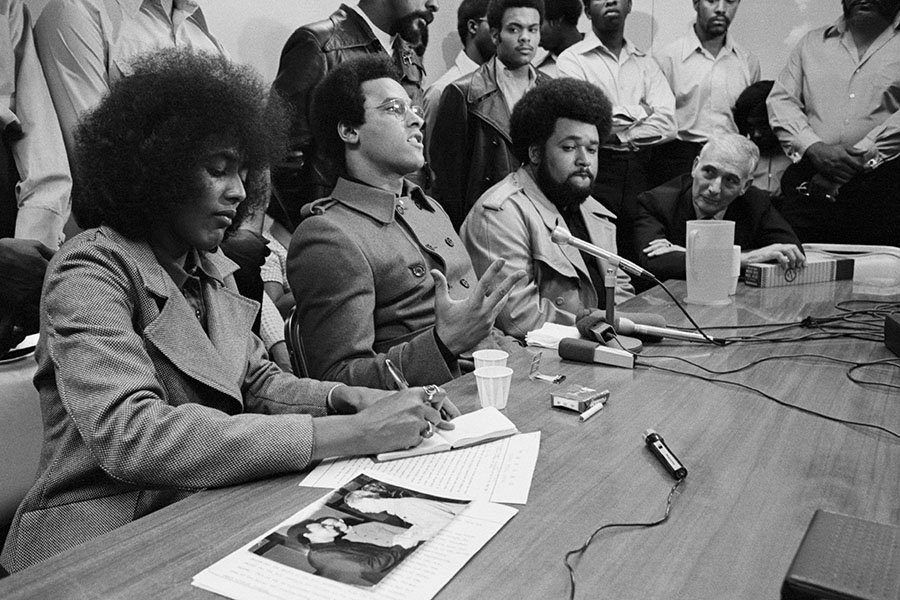
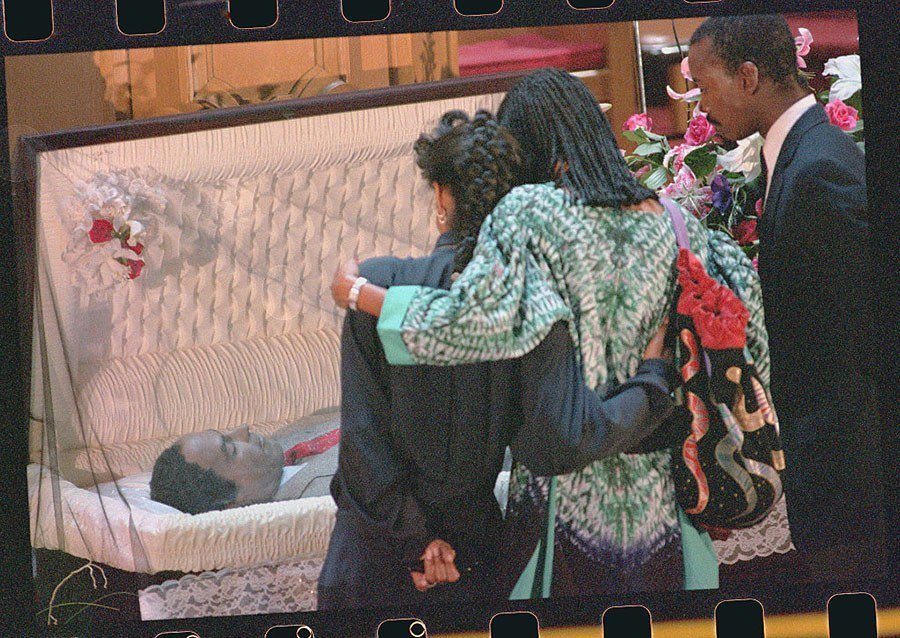
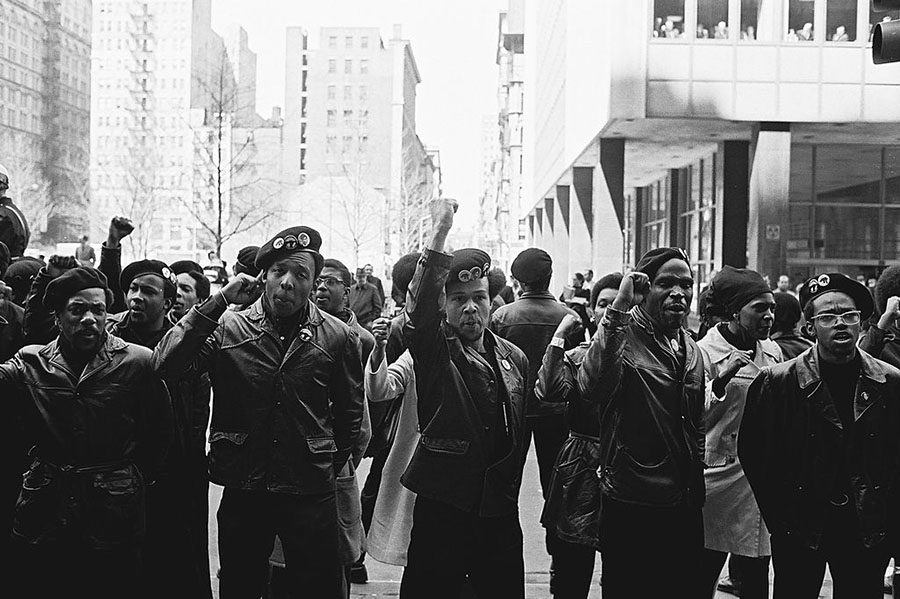
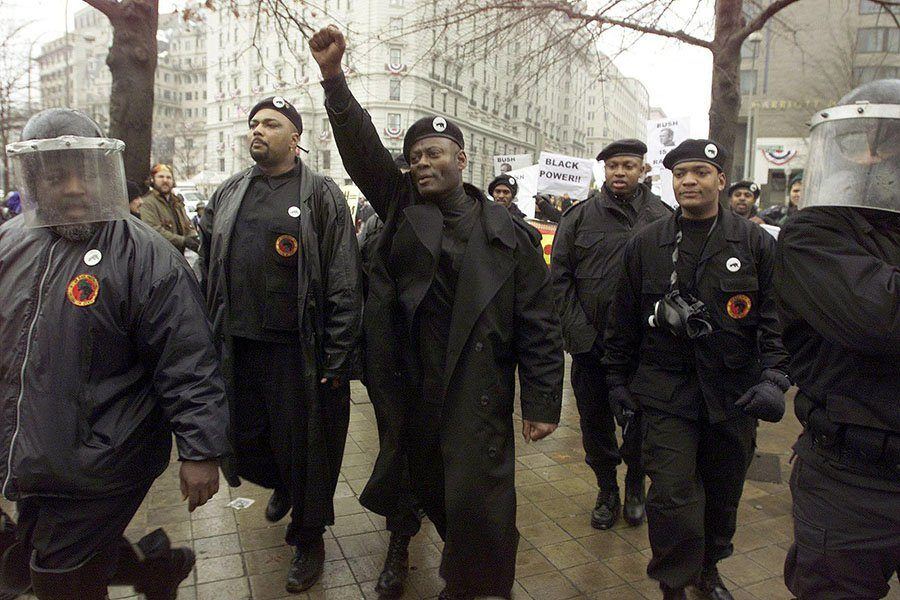

And if you liked this post, be sure to check out these popular posts:
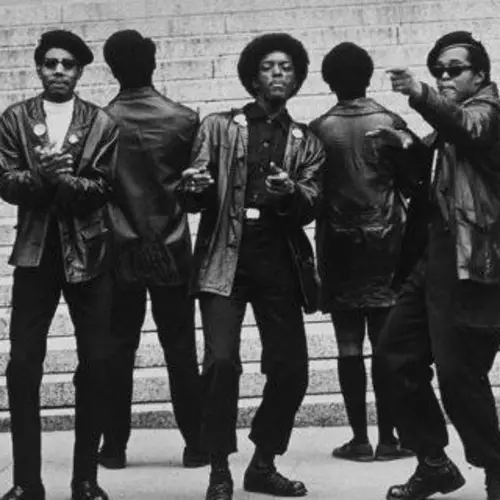
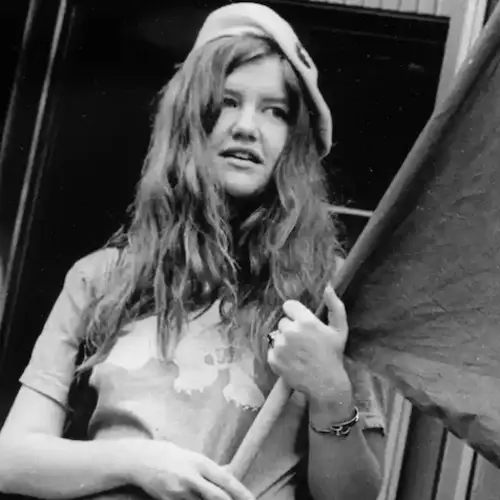
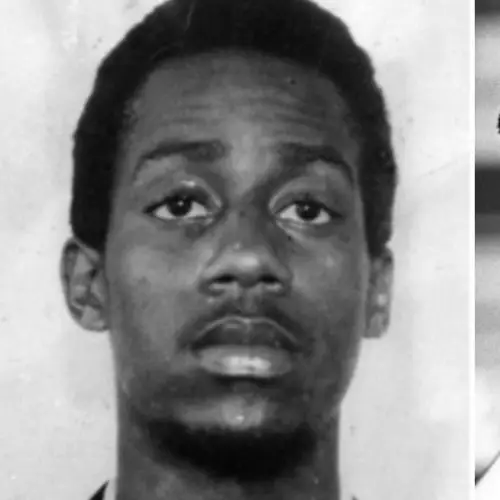
The Historical Context Of The Black Panther Party
Pictured, a moment from the 1964 Harlem race riot.Wikimedia Commons
A response to police brutality
Malcolm X and the BPP
Arms for peace?
The NRA doesn't want to see armed black people
On May 2, 1967, 30 armed BPP members entered the California Capitol Building in an attempt to prevent the bill's passage and draw attention to their cause.
While then-governor Ronald Reagan would sign the bill into law, the BPP succeeded in garnering media coverage for their movement.
Pictured is a scene from the May 2 proceedings: Police Lt. Ernest Holloway informs BPP members that they will be allowed to keep their weapons as long as do not disturb the peace.Getty Images
The movement grows
Its mission expands
Left, BPP members distribute free hot dogs to the public in New Haven, Connecticut. David Fenton/Getty Images
The "greatest threat" to U.S. security?
Later declassified documents show that of the 290 actions COINTELPRO took against black nationalist groups, 245 were directed at the Black Panthers.Getty Images
Black Panther Party Aesthetics
Pictured, BPP members demonstrate outside the Criminal Courts Building in New York City.Jack Manning/New York Times Co./Getty Images
"Black is beautiful"
"The panthers didn’t invent the idea that black is beautiful,” former member Jamal Joseph said in a documentary on the group. “One of the things that Panthers did was [prove] that urban black is beautiful.”Vimeo/The New York Times
Revolutionary reading
Another required read was Frantz Fanon's The Wretched Earth, which the Algerian author and psychiatrist wrote during the Algerian war for independence. Founders Seale and Newton believed, as Malcolm X suggested, that the plight of colonized Algerians bore striking similarities to the "internally colonized" lives of African-Americans in the United States and could thus prove useful in wielding its own war of independence in the U.S.Vimeo/The New York Times
Women in the BPP
By 1970, over two-thirds of BPP members were women, and the party advocated for women's reproductive rights and against sexism. Likewise, many women played important leadership roles in the organization, and from 1968 to 1982, the head editors of the BPP newspaper were all women.Vimeo/The New York Times
"The Black Panther Party certainly had a chauvinist tone so we tried to change some of the clear gender roles so that women had guns and men cooked breakfast for children,” former BPP leader Elaine Brown said. “Did we overcome it? Of course we didn’t. As I like to say we didn’t get these brothers from revolutionary heaven.”Vimeo/The New York Times
"A woman in the Black Power movement was considered, at best, irrelevant," Brown later wrote. "A woman asserting herself was a pariah. If a black woman assumed a role of leadership, she was said to be eroding black manhood, to be hindering the progress of the black race. She was an enemy of the black people...I knew I had to muster something mighty to manage the Black Panther Party."Wikimedia Commons
Huey Newton jailed — and Panthers erupt
In the photo, Huey Newton puffs on a cigarette in a holding cell while a jury deliberated his fate.
"Free Huey!"
While in jail, Newton became an international icon of resistance. “There will be no prison which can hold our movement down,” Newton wrote. “The walls, the bars, the guns and the guards can never encircle or hold down the idea of the people.”
Two years later in 1970, Newton would be released from jail after two subsequent trials culminated in hung juries and the district attorney dismissed charges.David Fenton/Getty Images
Changing goals
Not everyone was on board, however. These critics didn't “see [BPP] as a vehicle for social service,” former Black Panther Kathleen Cleaver said. “They saw it as a platform for radical political change.”
Pictured: Black Panther Party co-founder Huey P. Newton reclines on the grass as he answers questions from a Liberation News Service reporter on the campus of Yale University, New Haven, Connecticut in April 1970. David Fenton/Getty Images
Black Panthers at the Democratic National Convention
Another arrest
Evidence was scant, though Judge Julius Hoffman sentenced Seale to four years in prison, which came due to Seale's 16 counts of contempt (Hoffman ordered Seale to be bound and gagged due to his in-court outbursts). While serving his sentence, Seale was tried again for the death of Alex Rackley, a 19-year-old BPP member who confessed under torture to being a police informant.Shia/Archive Photos/Getty Images
A riot ahead?
Left, young people crowd the New Haven Town Green to start the weekend rally staged to support Bobby Seale.Getty Images
Yale accommodates
Riots didn't break out at Yale, largely due to the way the university treated demonstrators. Indeed, the university allowed the approximately 15,000 demonstrators to sleep on campus. Likewise, dining halls fed them three meals a day and permitted them to hold teach-ins in classrooms.
As longtime university administrator Sam Chauncey said, "The key [to avoid riots] was Yale’s decision, made in conjunction with police, to welcome the visiting radicals onto campus. Everyone else had tried to prevent radicals to keep them from getting onto the building, and it failed.”
Pictured: Demonstrators dance at a rally in support of the Black Panther Party in New Haven, Connecticut, on May 1, 1970. The rally coincided with the start of the trial of the New Haven Nine.David Fenton/Getty Images
The BPP Reaches Its Peak
Black Panthers abroad?
Algeria was a natural destination for Cleaver. At the time, president Houari Boumediene welcomed armed groups who dedicated themselves to hauling out “colonial masters,” and would provide them generous monthly stipends and board upon their visit to Algiers. Cleaver used the stipend he received to establish the International Section of the Black Panther Party.STRINGER/AFP/Getty Images
Internal rifts
Cleaver advocated for urban guerrilla warfare to achieve party goals, whereas Newton wanted to take a more pragmatic approach to change by focusing on nonviolent community development.Library of Congress
COINTELPRO succeeds?
History bears this thinking out: In Southern California, the FBI's covert effort explicitly intended to “create further dissension in the ranks of the BPP.”
Regarding the rift between Cleaver and Newton, records show that the FBI sent a series of anonymous letters to various BPP offices suggesting that exiled Cleaver was falling out of favor, that Cleaver was going crazy and needed to be removed from his position, and that Newton was an ineffective leader. Vimeo/The New York Times
The role of the media
Prominent outlets often portrayed the BPP as singularly violent and dangerous, neglecting to mention the party's ten-point plan which emphasized equality for all, or its community development projects such as its free breakfast program.
The image of the "black thug" resonated with many Americans, who would largely view the BPP as a serious threat to American stability.
The threat of a revolution
"They came down on us because we had a grass-roots, real people's revolution, complete with the programs, complete with the unity, complete with the working coalitions, we were crossing racial lines," Seale said. "That synergetic statement of 'All power to all the people,' 'Down with the racist pig power structure' — we were not talking about the average white person: we were talking about the corporate money rich and the racist jive politicians and the lackeys, as we used to call them, for the government who perpetuates all this exploitation and racism."National Archives
New Leadership Of The Black Panther Party
Brown would eventually leave the party in 1977, as she viewed Newton’s reaction to the beating of BPP member Regina Davis — and the party’s attitude toward women in general — unconscionable.
Newton's return — and the party's demise
Organization membership fell between then and 1982, when the Panthers school closed as authorities discovered Newton was using funds for the school to support his drug addiction. The party then dissolved.
Seven years later in 1989, an Oakland drug dealer shot and killed the 47-year-old Newton.
Pictured: Mourners comfort each other as they view the body of slain Black Panther Party co-founder Huey P. Newton before the start of funeral services.Getty Images
The BPP's legacy
On the one hand, as author Jama Lazerow writes, the Panthers offered a life-affirming alternative to black roles and possibilities in public life. "The Panthers became national heroes in black communities by infusing abstract nationalism with street toughness—by joining the rhythms of black working-class youth culture to the interracial élan and effervescence of Bay Area New Left politics."
Others, such as biographer Hugh Pearson, say that the organization’s reliance on weapons and “gang mentality” yielded an increase in violent crime in subsequent decades.
Eldridge Cleaver, who later became a Reagan Republican, said that the group explicitly promoted violence, so much so that Hoover “wasn’t inaccurate” in his assessment of the BPP.
Pictured: Black Panther members demonstrate outside a New York City courthouse on April 11, 1969.David Fenton/Getty Images
A "New" Black Panther Party?
Over the years, the organization's remarks have prompted the Southern Poverty Law Center to define it as a racist and anti-Semitic organization.
Members of the original BPP have distanced themselves from this new party, saying that the new organization has co-opted the BPP's name and exploited its history.
In this image, members of the New Black Panther Party march through the streets of Washington to demonstrate against the inauguration of George W. Bush.SHAWN THEW/AFP/Getty Images
“Some of these old guys who don’t support us, it’s because they are really elite now. They get big money to speak to white colleges, and they have left the revolution behind,” NBPP leader Hashim Nzinga told the L.A. Times.Justin Sullivan/Getty Images




From Jack London's residence as an early 20th-century union activist to the 2011 Occupy Oakland Movement, the city of Oakland, California has historically been a hotbed for radicals -- and there is perhaps no better example of Oakland-born radicalism than the Black Panther Party.
Like so many cities at the time, post-World War II Oakland presided over a booming economy, one which lured many southern African-Americans and whites into the 350,000 person-plus town. By the 1960s, African-Americans constituted approximately half of the city population, while the police force — many of them recently-arrived Southerners — was all white. This dynamic, Oakland historian Steven Lavoie says, laid the groundwork for racial discord and police brutalization of African-Americans.
"The tension that resulted had a lot to do with who was hired, because a lot of the people from the South brought attitudes with them," Lavoie said. "Blacks, but also whites not willing to be as tolerant as Oakland historically had been."
Along with many other cities at the time, discrimination and violence against African Americans coursed through Oakland. Fed up with civil rights leaders like Martin Luther King Jr. calling for nonviolent resistance to brutalization and in search of a transformation of existing economic and racial power relations that they believed stood at the source of this violence, two Oakland residents — Bobby Seale and Huey Newton — decided to take matters into their own hands.
In 1966, they created the Black Panther Party, a radical political organization whose influence would soon extend far beyond the Bay Area.
Below, watch footage of Huey Newton and Eldridge Cleaver describe the purpose of the BPP in the mid-1960s:
Learn more about civil rights and African-American resistance with these posts on the Harlem Renaissance and how Martin Luther King Jr's "I Have A Dream" speech almost didn't happen.




